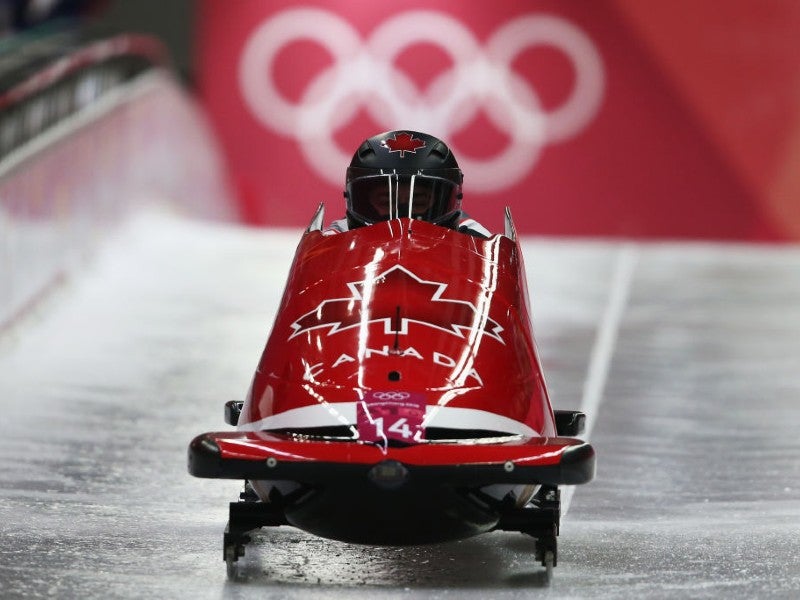
The Government of British Columbia has announced it will not support Vancouver’s bid to stage the 2030 Winter Olympic and Paralympic Games, effectively ending the Canadian province’s hopes of hosting the event.
Yesterday (October 27), British Columbia’s minister of tourism, arts, culture, and sport Lisa Beare said the decision to decline support was due to high costs and other events being staged in the province.
She said: “Planning and hosting an event of this magnitude requires significant attention and resources.
“We have existing commitments to host the 2026 FIFA World Cup and the 2025 Invictus Games. These world-class events will bring the international spotlight to British Columbia, as well as economic benefits to support the province’s tourism-sector recovery for the next decade and beyond.
“Our government is focused on expanding the services British Columbians need while building a more secure future. While there are many competing priorities and challenges, we are putting people first by focusing on the cost of living, healthcare, housing, public safety, and building a strong workforce.”
The province has been working on a potential bid to host the 2030 Games for more than a year, engaging communities and evaluating the impact staging the event would have on the area.

US Tariffs are shifting - will you react or anticipate?
Don’t let policy changes catch you off guard. Stay proactive with real-time data and expert analysis.
By GlobalDataThe British Columbia option has gained favor with the Canadian Olympic Committee (COC) in terms of bidding, ahead of a rival Canadian bid from Quebec City, which was launched last April but which the COC shut down in August, opting to put its weight behind the Vancouver submission, which has been gathering pace for some time.
In February the COC and Canadian Paralympic Committee signed an agreement with Canada’s Four First Nations, along with the municipalities of Vancouver and Whistler, to explore the possibility of hosting the 2030 Olympics in British Columbia.
In July, the three organizations then presented financial estimates for hosting the event, which estimated costs of up to CAD4 billion ($2.9 billion).
The bid was touted as the first-ever Four First Nations-led Olympic bid and an opportunity to start reconciliations between the country and its indigenous citizens.
Responding to the government’s decision not to support the bid, Liberal House leader Todd Stone described the move as “deeply regrettable” to Canadian public broadcaster CBC, adding: “Particularly because this was an Olympic bid that was led by First Nations, led by indigenous people.
“To turn their backs on First Nations … is frankly irresponsible. And it doesn’t really reflect a government who practices what it preaches when it comes to reconciliation.”
The First Nations, meanwhile, told CBC they are planning to hold a “discussion around the status of bringing the games back” along with members of the Canadian Olympic and Paralympic Committees.
Earlier this month, Alberta’s minister of culture Ron Orr said the neighboring province would be “open to” hosting the 2030 Winter Olympics but no developments have been announced.
The announcement means Sapporo in Japan is the only remaining confirmed bidder for the Games along with Salt Lake City in the US, which has stated its preference for the 2034 edition.
A Pyrenees-Barcelona was scrapped in June.
Dan Istitene/Getty Images



